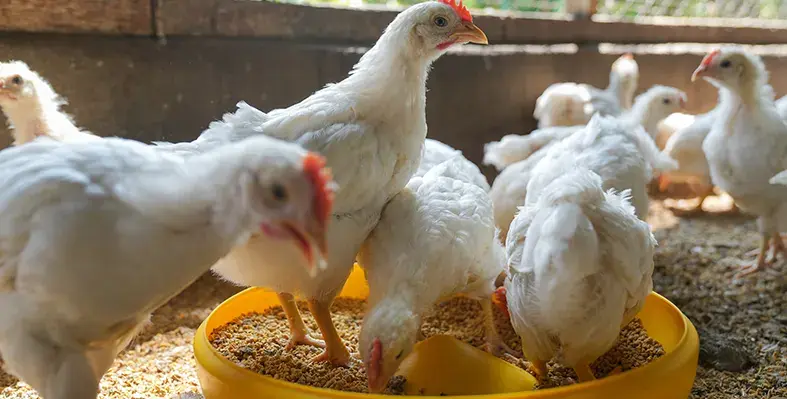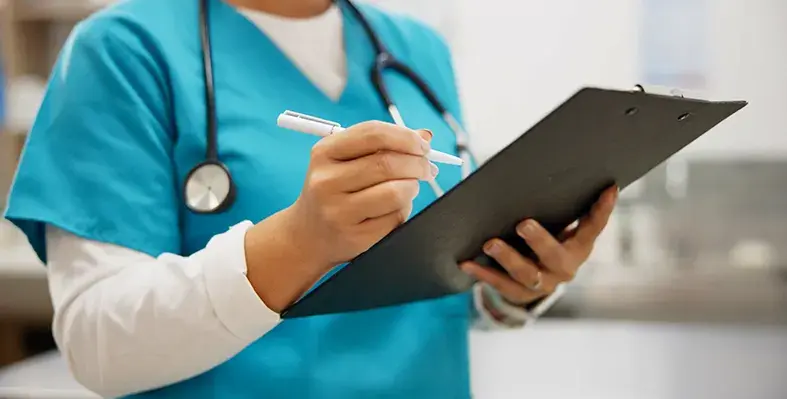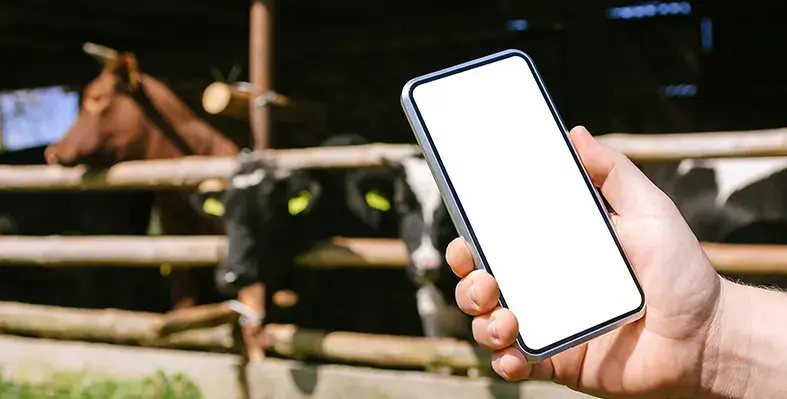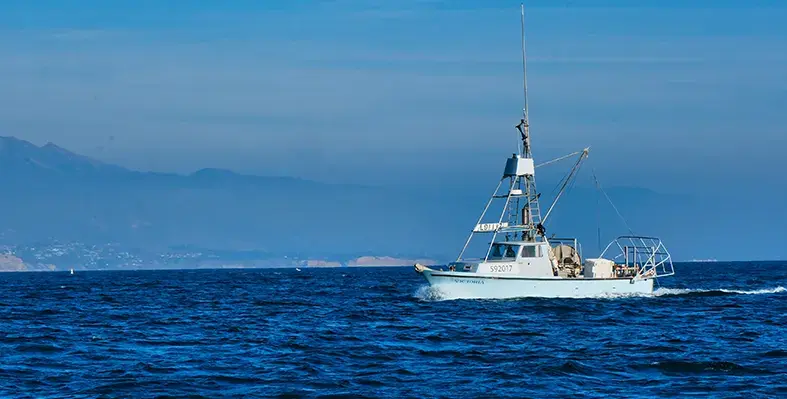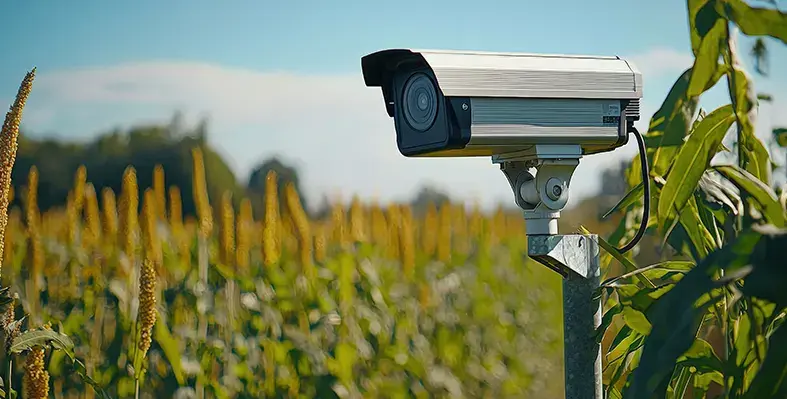In broiler production, smooth transitions between different feed types are vital for achieving strong flock performance.
Throughout their life, broilers move through different feed rations – typically starter, grower, and finisher. These feed stages also differ in texture, such as mash, crumb, or pellet. Each change is designed to meet the bird’s nutritional needs at every stage of growth.
However, if not managed correctly, these feed changes can negatively affect growth, feed intake, flock uniformity, and even carcass quality. That’s why careful feed transition practices are essential.
To manage transitions properly, introduce new feed gradually. One good approach is to top up the existing feed with the new one so they mix together. This helps birds adapt more easily. When moving from starter to grower feed, it’s not just the nutrient content that changes—feed form usually does too. Offering the first delivery of grower feed in a crumb or mini pellet form can help prevent a drop in feed intake.
Good feed transitions support uniform growth across the flock. They also maintain gut health, water intake, and reduce issues like feed flicking. These benefits contribute to consistent weight gain and better carcass quality.
Close monitoring during feed changes is key. Pay attention to the birds before, during, and after the transition. Look out for any changes in feeding or drinking behaviour. If birds eat less or seem unsettled, the feed form or nutrient density may need adjustment.
In summary, proper feed transition helps ensure broilers grow evenly, stay healthy, and reach their full performance potential. A gradual shift, correct feed form, and good observation can make all the difference in final results. Keeping transitions smooth is a small step that has a big impact on productivity and flock welfare.




